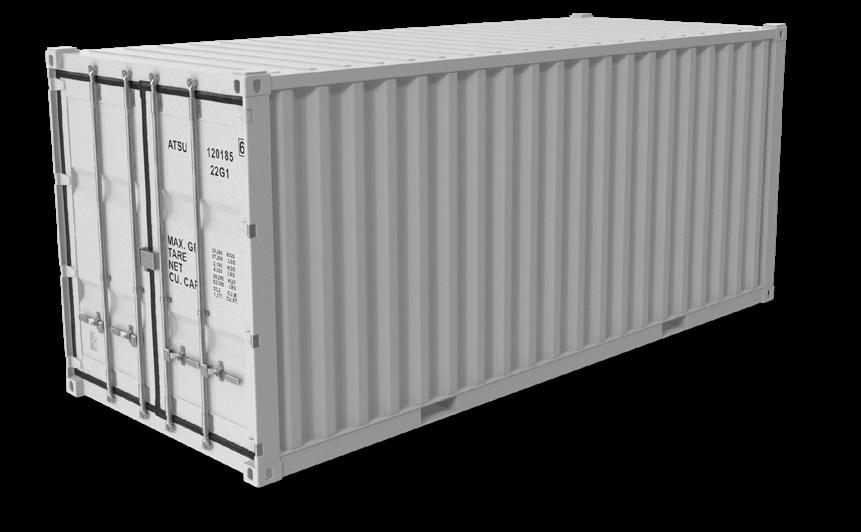
2 minute read
Why We Took Our Message to Canberra
BY NFF PRESIDENT, DAVID JOCHINKE
Last week, the National Farmers’ Federation (NFF) delivered a powerful message to Canberra, as thousands of farmers and supporters from across Australia gathered for the historic National Farmer Rally. This wasn’t just a show of numbers; it was a collective call to action, urging our nation’s leaders to give farmers the representation they deserve in shaping agricultural policy.
For far too long, decisions about agriculture have been made without meaningful consultation with those who know the land best—the farmers who work it every day. At the rally, we addressed pressing issues, such as the proposed live sheep export ban, water buybacks in the Murray-Darling Basin, the Diesel Fuel Rebate, and the burdensome red tape around emissions reporting.
Our message was clear: farmers need practical, forwardthinking solutions, not ideologically driven agendas. This rally wasn’t about politics, but about crafting policies that will allow Australian agriculture to thrive. Unfortunately, we’ve seen outof-touch activists pushing for restrictions that would reduce Australia’s food and fbre production, often without considering the economic and social implications for our regional communities.

Farmers are ready to work with all sides of politics to ensure that agricultural policies promote sustainability, enhance productivity, and support rural communities. It’s time to push back against the rhetoric that undermines our industry and focus on solutions that keep farmers farming.
The support from thousands who attended, along with many others who backed us from afar, sent a powerful message that cannot be ignored. This rally marks the beginning of a larger campaign to ensure farmers’ voices are not only heard but respected in policy discussions.


To all Australians, I say this: when farmers thrive, the entire nation benefts. We are the backbone of food security, the heart of regional Australia, and a critical driver of the national economy. Supporting Australian agriculture is an investment in the country’s future, and we must reject the harmful agendas that threaten to diminish our industry. darryl@graftonhyd.com.au

The voice of rural Australia was heard loud and clear in Canberra. Now, it’s time for action. We stand ready to collaborate with policymakers to develop a vision for Australian agriculture that ensures a sustainable, productive, and prosperous future for farmers and the nation.
Petition: Sign the petition, scan the QR Code.









The Minns Government has announced the expansion of its innovative $33 million Farms of the Future Agtech program to 2028, aimed at helping farmers across New South Wales improve productivity and connectivity through cutting-edge agricultural technology. The program is expected to boost on-farm productivity by up to 25%, equating to a potential $3 billion increase in Gross Value of Production (GVP) per year.
The Farms of the Future program supports the adoption of agricultural technology (Agtech), which encompasses a wide range of innovations such as real-time monitoring devices for weather, soil moisture, and water supplies, as well as automation, robotics, and digital solutions to improve farm management. Initially focused on 11 Local Government Areas (LGAs), the program is now open to all farmers across NSW. It aims to address key barriers such as on-farm connectivity, digital capability, unclear benefts, and poor user experience, which have previously hindered the adoption of Agtech. Changes to the expanded program include:
• Industry-specifc training courses that cover the fundamentals of new technology, ensuring farmers can confdently adopt and implement Agtech solutions.
• Demonstration Hubs at 10 Department of Primary Industries and Regional Development (DPIRD) research stations across NSW, where farmers can observe Agtech in action on real farms.
• Agtech Alley, a designated space for Agtech suppliers at major feld days, allowing farmers to directly connect with technology providers.
• The Agtech Toolbox, an extensive resource with articles, case studies, and how-to videos designed to help farmers better understand and use available technologies.
NSW Minister for Agriculture, Tara Moriarty, emphasized









